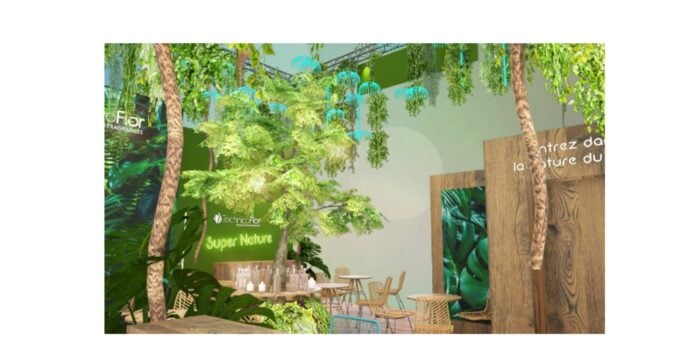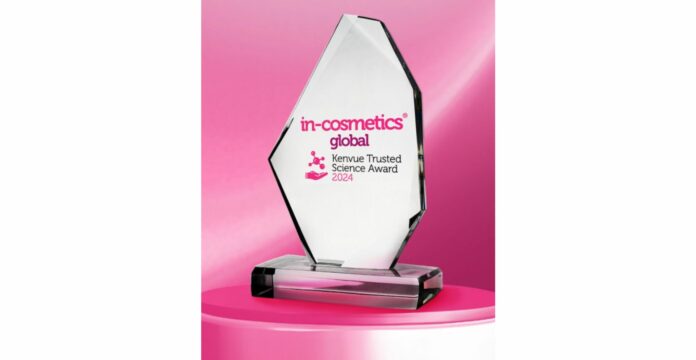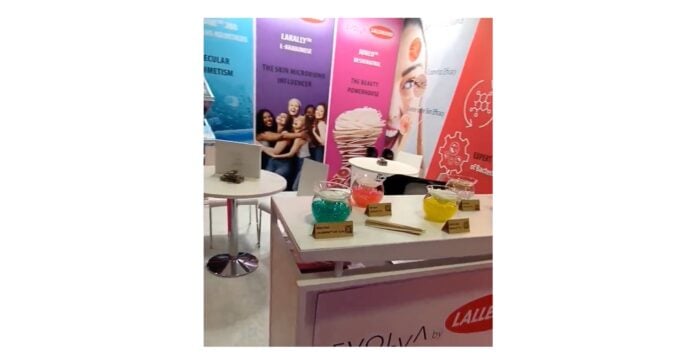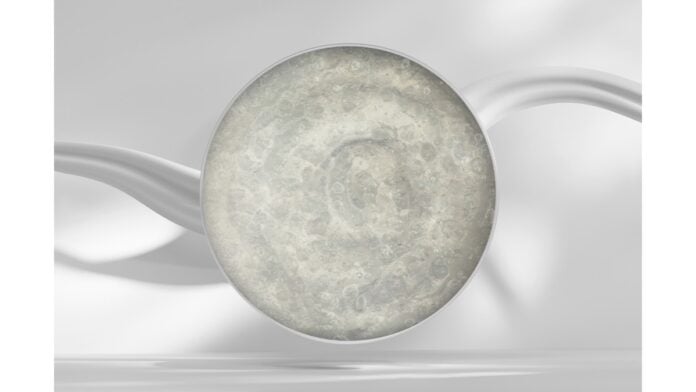Aptar Beauty, an Aptar Group company and global specialist in dosing, dispensing and protection technologies for drugs and consumer products, has acquired iD Scent in spring 2023. In its sights: its scented paper technology.
Founded in Lyon in 2004, iD Scent has expertise in encapsulating fragrances in paper fibers. A year after its acquisition, Aptar Beauty is delighted with its "promising" results.
iD Scent's expertise enables Aptar Beauty to expand its fragrance sampling offer. The iD Scent and Aptar Beauty fragrance sample meets market expectations. It combines exclusive, innovative technology with infinite customization options, both in shape and finish. It plays on the senses thanks to its perennial olfactory dimension and fragrance fidelity, the possibilities of tactile effects and, of course, the overall visual aesthetic.
Aptar Beauty offers four formats developed and manufactured in France, all adapted to all fragrance sample distribution channels (press, points of sale, digital marketing, e-sampling).
Scentouch, a patented paper object, takes up the design of the original bottle, revealing a detachable fragrance tester applicator. This sample offers the possibility of reproducing the gesture of opening the cap of a perfume bottle.
Scentest, a double-sided test card decorated on one side and scented on the other, can be customized in any way. Touching it intensifies the fragrance's power.
Scentdow is a card with a window to open, in which the fragrance is encapsulated.
Scentpad is a folded sheet containing a sample of scented paper to be peeled off and applied directly to the skin, using a make-up-inspired gesture.
iD Scent solutions offer a unique olfactory experience, positioning themselves as genuine communication tools. Full service, they are versatile and adaptable to all markets: premium, luxury, niche brands, masstige, etc.
"We're seeing strong interest from brands in iD Scent technology, thanks to its durability, personalization and long-lasting effect. With stability tests to back it up, the fragrance lasts for at least a year! The creativity offered by this sampling solution is limitless. We can produce a wide range of shapes, forms, cut-outs, decorations and finishes.says Saveria Guelfucci, EMEA Marketing Manager Beauty Mini Packaging and Turnkey Solutions.
New markets
In just one year, Aptar Beauty has propelled iD Scent solutions into the international arena by pushing ahead with its industrial development. In addition to its creations for perfume, cosmetics and spirits brands, the group has deployed new resources and a real ambition to serve its customers.
"We want to make iD Scent technology a standard in the world of sampling, which is currently being transformed by new distribution channels such as e-commerce and digital. We also want to support the retail sector in the changes it is facing, and help brands to communicate more effectively, in line with their environmental commitments.adds Benoît Mirandel, Director of Turnkey Solutions by Aptar.
Aptar Beauty dedicates a dedicated sales force to iD Scent innovations. "The opportunities generated by iD Scent solutions are fully relayed by sales teams trained in the subject. We've had very good feedback from our presentations at trade shows and from tests carried out for our customers using their fragrances. We've also won over some major houses in the United States.emphasizes Benoît Mirandel.
Recyclability certification
Aptar intends to innovate while respecting environmental issues. Thanks to Aptar Beauty, iD Scent offers recyclability certificates issued by the independent European organization cyclos-htp for each of its solutions. This label certifies that iD Scent samples are recyclable in the paper stream.
Two new innovative products are currently being designed. A marketing team is currently developing ideas for complementary ranges. These products will be unveiled shortly!
Photo: Scentouch solution developed for Jean Paul Gaultier (Puig).















